Graham Reid | | 4 min read
George Harrison: Party Seacombe (from the Wonderwall soundtrack)
.jpg)
Joe Massot – who died in 2002 – had
a short but reasonably spectacular career as a film director who had
passing glances at rock'n'roll culture. He directed the first
rock'n'roll western Zachariah in 1971 (pretty awful) and was working on the '76 Led
Zeppelin concert film The Song Remains the Same when he was removed
from the project and it was completed by Peter Clifton.
In 1980 he had a go at the ska movement
with Dance Craze which featured Madness, the Specials, Selecter and
others as it followed them on a UK tour.
And really that was about it – aside
from the period oddity Wonderwall, a psychedelic cult film in 1968,
with music by George Harrison, a Beatle's first solo outing outside
the band and the first Apple release.
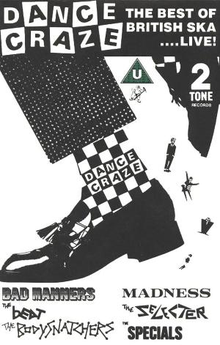 Massot, born in New York to Cuban
parents, had arrived in London as Beatlemania was in full swing in
the early Sixties and one of his short films Reflections on Love
(1966) included interviews with the Beatles whom he'd met on the set
of Help! the previous year.
Massot, born in New York to Cuban
parents, had arrived in London as Beatlemania was in full swing in
the early Sixties and one of his short films Reflections on Love
(1966) included interviews with the Beatles whom he'd met on the set
of Help! the previous year.
His first feature was Wonderwall – a
wry, slow and slightly farcical film staring the luminous Jane Birkin
and the deliberately dowdy Jack MacGowran in a drama about a man
escaping from the boredom of straight British society and into the
colourful world of psychedelia. Harrison and various Indian musicians
provided the largely uninteresting soundtrack.
Joe Massot was interviewed in 2001 when
a recut version of the film was doing the rounds on the festival
circuits.
Looked at from this distance, and I
suspect even then, the story of an eccentric, conservative Englishman
attracted to the swinging psychedelic next-door neighbours was a
metaphor for what was happening at the time. Wonderwall is very much a film locked in its period and even at the time was a cult film.
Yes, when I came to England I was able to
see those two societies quite clearly. British society was evolving
and the old bowler hat world was dying.
The world of 1968 even in England
wasn't quite as multi-coloured and acid-soaked as many people might
believe, however. It was still a largely conservative society despite
the Beatles and LSD and Sgt Pepper.
True, in the film there are a couple of
moments where Jack [the professor played by Jack MacGowran] goes
black and white, it switches. That was meant to define that.
The ending suggests, however, the world goes on and people are changed, but not much changes. British society shifted its consciousness for a brief time then everything reverted.
Yeah, very much so. People are still doing the same things and leading the same kinds of lives. But you have to remember there was also the Cold War and Vietnam and they were fierce.
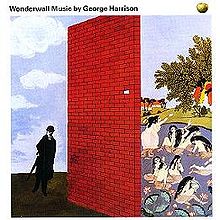 To have both music by George Harrison
and art design by the Fool - who painted the Beatles' Apple building
and John Lennon's Rolls-Royce - must have been more than a
coincidence. They were seminal figures whose style defined that
period.
To have both music by George Harrison
and art design by the Fool - who painted the Beatles' Apple building
and John Lennon's Rolls-Royce - must have been more than a
coincidence. They were seminal figures whose style defined that
period.
The thing about then, which is difficult now to understand, was we were all together, we'd see each other in clubs. You'd see the Beatles and Stones, and various music groups and artists like Peter Blake converged into a small circle. There were writers and painters, that was what attracted me to it. But it was a candle you knew was burning at a short end.
You really felt this was a brief moment that couldn't last?
I was aware of the Vietnam War and had fought in the Cuban revolution and knew about communism so I could see this was only going to be allowed for a moment. We all knew it and thought, 'Grab the money and make what you were going to make.' You were briefly free to do it.
After Song Remains the Same you went
quiet.
I went into a bad period. I made a
terrible film, a motorcycle film with Barry Sheen. It was low-budget
and we didn't have enough to do stunts, and Barry couldn't act ...
Just the small things. (Laughs)
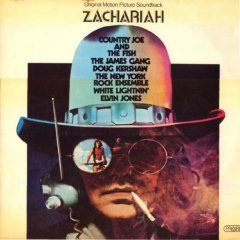 Zachariah was a peculiar one, a
western starring Country Joe and the Fish, jazz drummer Elvin Jones
and stadium rockers the James Gang?
Zachariah was a peculiar one, a
western starring Country Joe and the Fish, jazz drummer Elvin Jones
and stadium rockers the James Gang?
I got the idea in India with the
Beatles and at the end I was with George and John and they were doing
this duel of who could out-meditate who. I got this idea making a
western about two guys having a duel. I went to Hollywood
unfortunately and made a deal.
Wonderwall disappeared for a long
time, what prompted you to revive it?
It was the Oasis song Wonderwall that
generated me into redoing it, not knowing the amount of work it would
be or knowing I'd have to go back to George to find the original
recordings. But we found them except for one or two tracks which we
replaced with something George sent me.
There seems considerable interest in
Wonderwall right now, perhaps because it captures that period so
well.
Yeah, it's doing amazingly in America because they never saw it. And in England theatres are asking to show it. There's a short with it, Reflections of Love, which goes from the black'n'white period and turning into psychedelia.
That was what I was trying to capture, a brief but magical and colourful period, with George's music, of course.
Like the sound of Wonderwall? Then try this.

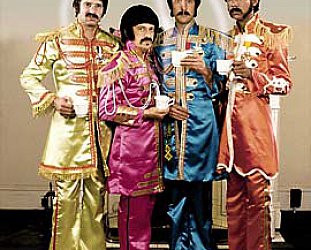
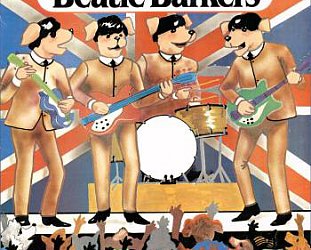
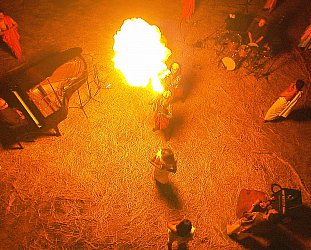
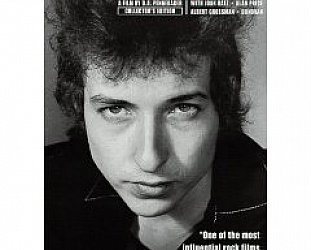
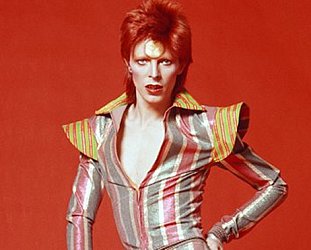
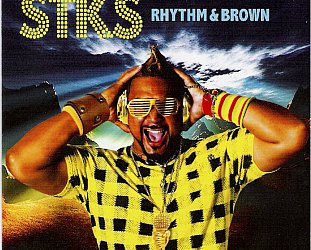
gringo557 - Jun 17, 2012
"Harrison and various Indian musicians provided the largely uninteresting soundtrack." HUH? What the hell are you talking about? The soundtrack was the best thing about the project and the only reason we're even talking about the film now. I guess you don't know much about music and I guess you should go back and listen to the soundtrack again.
Savepost a comment